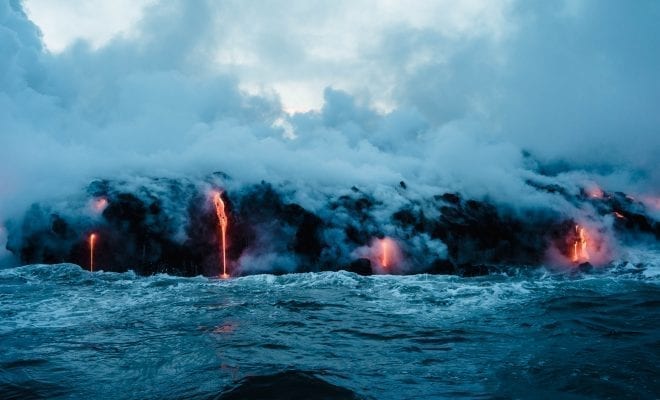
News
The U.S. May Get an Early Warning System for Volcanoes
The United States is one of the most volcanic places on Earth, with 161 active volcanoes spread across the country. Despite being a hotbed for volcanic activity, the US does not have an early warning system for volcanic eruption, though this may change soon thanks to a land conservation bill that just passed in Congress.
The Natural Resources Management Act will enact sweeping changes in how America utilizes and manages its natural land and resources. Some highlights of the bill include designating over a million new acres of wilderness and protected lands, removing mineral withdrawal rights from 370,000 acres, and expanding national parks like Joshua Tree and Death Valley.
However, one interesting aspect of this bill is the call for a new early warning system for Volcanic activity. The proposed

The system couldn’t come at a more appropriate time either. According to the latest National Volcanic Threat Assessment, 57 of the country’s volcanoes are classified as a ‘high’ or ‘very high’ threat to society, economies, infrastructure, and more. Of these 57 volcanoes, about 30-40 percent have adequate monitoring systems in place that can warn the public of imminent danger.
Not only will the NVEWS implement the necessary technological infrastructure needed to monitor volcanoes, it will establish a 24-hour volcano watch office to serve the entire country. This office will collect and analyze data from monitoring stations across the country, creating a comprehensive place for spotting early warning signs of an eruption, as well as being a focal point of contact for coordinating with local governments and emergency responders.
All of this would drastically help launch early evacuations if necessary in the event of an eruption. The NVEWS would put it on par with early warnings systems used for natural disasters like hurricanes, keeping the public safe in times of crisis.
The bill awaits a signature from President Trump, where upon then, it will be signed into law. The total funds appropriated for the NVEWS total $55 million, a proportionately minuscule amount when compared to the national budget.





0 comments